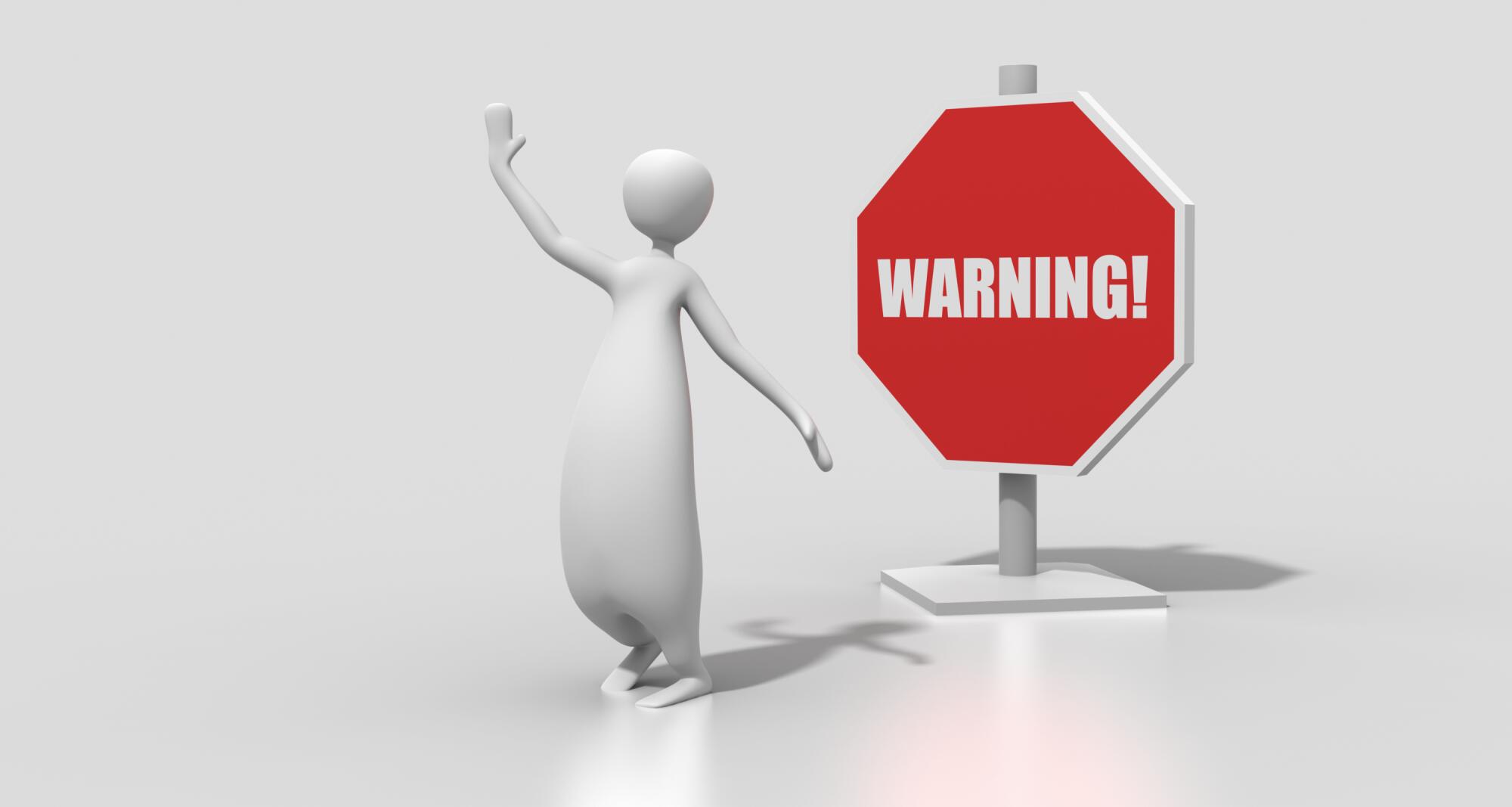According to Charlotte Magazine, North Carolina has nearly 15,000 homeowners associations (HOAs). Over a quarter of the state's residents live in these communities, many of which are in Charlotte.
If you also own a property in Charlotte that's part of an HOA, notices of repeat or continuing HOA violations are among the things you never want to receive. They may adversely affect you and your experience as an association resident and homeowner.
To that end, our team at PMI Queen City put together this guide on HOA compliance and violation policies. Read on to discover what repeated and continued violations of HOA regulations mean and what to do about them.
What Are Repeat Violations?
A repeat violation occurs when the HOA board or professional association management team cites the homeowner for the same infraction more than once.
For example, suppose a homeowner has consistently failed to maintain their lawn. As a result, they received multiple notices regarding their violations throughout the year. In this scenario, their offense constitutes a repeat violation, showing that the homeowner has resolved the initial issue but continues to commit the same infraction.
Key points of repeat violations include:
- Failure to stop making the same mistake
- Possibly leading to escalating fines if not addressed
- Potentially affecting a homeowner's standing within the community and the HOA
It's also worth noting that each violation can cost quite a hefty sum. As RealtyBizNews.com reports, fines for HOA violations can range from $50 to $200 in most communities.
What About Continuing Violations?
Continuing violations are ongoing infractions that persist over time without resolution.
For instance, a property owner leaves garbage cans out on non-collection days, which is against HOA homeowner guidelines. As a result, the HOA board or their Charlotte association property manager issued a warning. The notice informed them about their behavior and required them to stop it.
However, the homeowner continues committing the offense despite receiving a warning. In this case, their offense constitutes a continuing violation. It signifies not only one's failure to act but also their sustained non-compliance with HOA regulations.
Continuing violations can have a detrimental impact on the entire neighborhood. Failure to comply can lead to unhappiness among residents who uphold the HOA's standards.
The Importance of Compliance
Whether facing repeat or continuing violations, compliance is essential in maintaining harmony within the community.
The HOA ensures everyone enjoys their living environment. Promptly addressing violations can prevent the escalation of fines and foster community spirit. Responding to any violation notice and working with your HOA to rectify the situation is also vital.
Never Underestimate HOA Violations
HOA violations, whether repeated or continuing, can cost offending homeowners a lot of money. They can also harm their rule-abiding neighbors and the overall community morale.
For those reasons, HOA homeowners should never disregard community regulations. They must also discuss such rules with the HOA board if they find them unjust and unenforceable.
Does your HOA need help enforcing HOA rules and regulations? If so, our locally owned and operated full-service association and community management firm, PMI Queen City, is happy to help. We're proud to be part of PMI, one of the nation's fastest-growing property management franchises, which has helped improve the association management industry for over two decades.
Call us today for a consultation!


